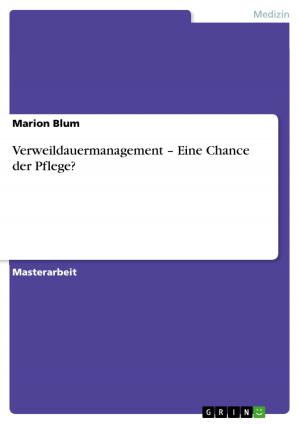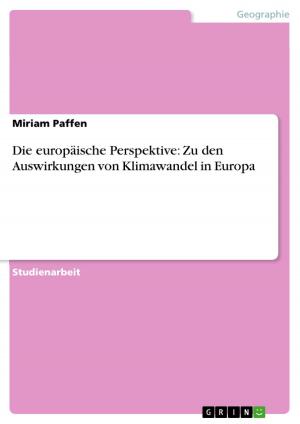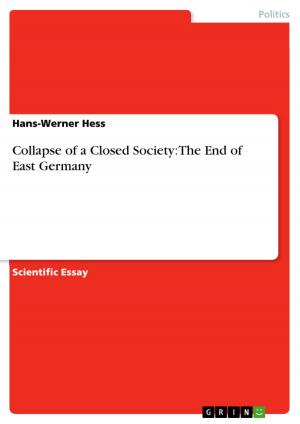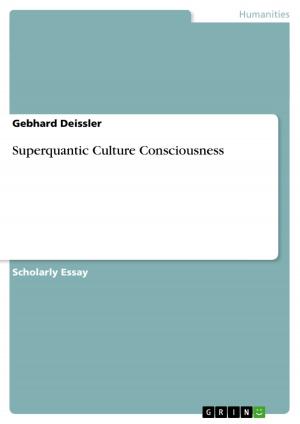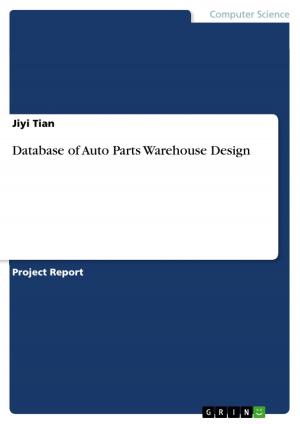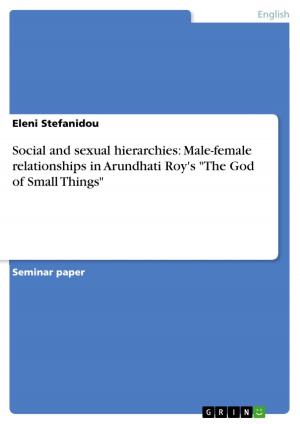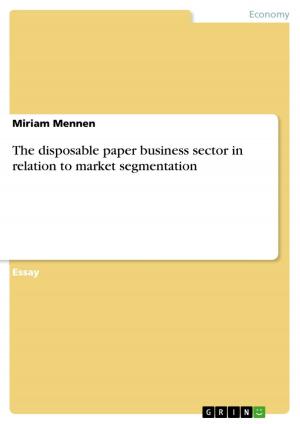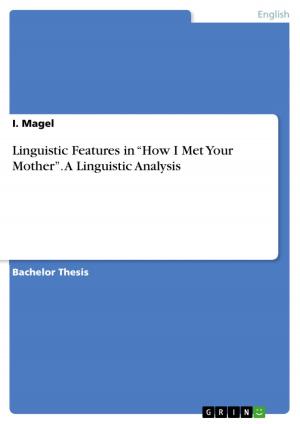Lithuania's bilateral relations and the challenge of EU and NATO enlargement
Nonfiction, Social & Cultural Studies, Political Science, International, International Relations| Author: | Christoph Wehr | ISBN: | 9783638299794 |
| Publisher: | GRIN Publishing | Publication: | August 12, 2004 |
| Imprint: | GRIN Publishing | Language: | English |
| Author: | Christoph Wehr |
| ISBN: | 9783638299794 |
| Publisher: | GRIN Publishing |
| Publication: | August 12, 2004 |
| Imprint: | GRIN Publishing |
| Language: | English |
Seminar paper from the year 2004 in the subject Politics - International Politics - Region: Eastern Europe, grade: very good, Vilnius University (Institute of International Relations and Political Science), course: Politics and Government in Lithuania, language: English, abstract: Introduction On the 1st of May 2004, Lithuania will join the European Union (EU) and the North Atlantic Treaty Organization (NATO) and thereby achieve the main goal of its foreign and security policy since it gained independence in 1991. There had been different options for Lithuania to choose its future orientation concerning the foreign policy. It could have stayed neutral (as it had done in the interwar period) or it could have tried to build up an alliance between the Baltic states (Lithuania, Latvia, Estonia). But the option Lithuania finally chose was the aim of West-integration. This decision was of course a deliberate one: Lithuania has always regarded itself as a part of Europe and the Western culture. Thus, after having become independent, the wish to join the most important and influential Western and European organizations must be seen as natural (see Miniotait? 2001). At the same time, one has to realize the challenge which EU and NATO enlargement cause for Lithuania's foreign and security policy. On the one hand the country has to take its responsibility as a full member of both organizations. That means for example that Lithuania will be much more involved into international affairs (as one example might serve the war on terrorism since the terrorist attacks of September 11th). This article deals with another dimension of challenge: Lithuania's bilateral relations. Especially the relationship towards its neighborhood countries will experience serious changes. With Lithuania going to be the Eastern border of both alliances, its neighborhood relations will gain importance both for Lithuania itself and for EU and NATO. Thus, the question raised in this paper is: How do Lithuania's relations with Russia, Belarus, Poland and the Baltic Sea states look like? Accordingly, this article shall focus on the present appearance of these relations. After this analysis some conclusions shall be drawn concerning the future development of Lithuania's bilateral relations out of consideration for the changes that will be caused by EU and NATO enlargement.
Seminar paper from the year 2004 in the subject Politics - International Politics - Region: Eastern Europe, grade: very good, Vilnius University (Institute of International Relations and Political Science), course: Politics and Government in Lithuania, language: English, abstract: Introduction On the 1st of May 2004, Lithuania will join the European Union (EU) and the North Atlantic Treaty Organization (NATO) and thereby achieve the main goal of its foreign and security policy since it gained independence in 1991. There had been different options for Lithuania to choose its future orientation concerning the foreign policy. It could have stayed neutral (as it had done in the interwar period) or it could have tried to build up an alliance between the Baltic states (Lithuania, Latvia, Estonia). But the option Lithuania finally chose was the aim of West-integration. This decision was of course a deliberate one: Lithuania has always regarded itself as a part of Europe and the Western culture. Thus, after having become independent, the wish to join the most important and influential Western and European organizations must be seen as natural (see Miniotait? 2001). At the same time, one has to realize the challenge which EU and NATO enlargement cause for Lithuania's foreign and security policy. On the one hand the country has to take its responsibility as a full member of both organizations. That means for example that Lithuania will be much more involved into international affairs (as one example might serve the war on terrorism since the terrorist attacks of September 11th). This article deals with another dimension of challenge: Lithuania's bilateral relations. Especially the relationship towards its neighborhood countries will experience serious changes. With Lithuania going to be the Eastern border of both alliances, its neighborhood relations will gain importance both for Lithuania itself and for EU and NATO. Thus, the question raised in this paper is: How do Lithuania's relations with Russia, Belarus, Poland and the Baltic Sea states look like? Accordingly, this article shall focus on the present appearance of these relations. After this analysis some conclusions shall be drawn concerning the future development of Lithuania's bilateral relations out of consideration for the changes that will be caused by EU and NATO enlargement.

